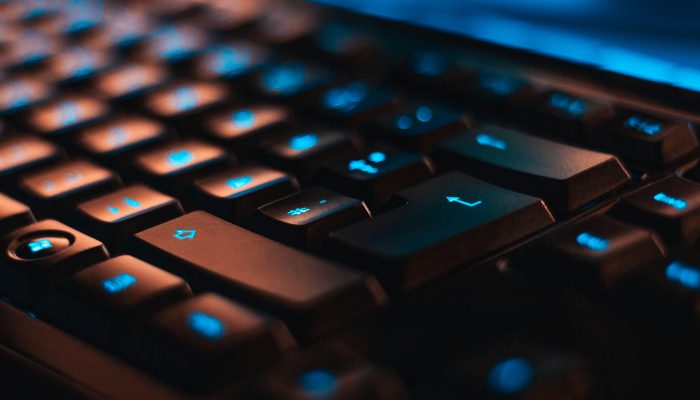Rappers Megan Thee Stallion and Nicki Minaj have had a long standing-feud, referenced in their new songs “Hiss” and “Bigfoot.” Recently, reports online claim the beef between the two has taken a turn for the worse, this time involving Minaj’s fans.
According to TMZ, Minaj’s fans shared the location of Megan Thee Stallion’s mother’s gravesite in Texas. The people who released the information are now being accused of doxxing.
Doxxing is the practice of gathering private or identifying information and sharing it with the public without permission. Oftentimes, people who dox others are trying to harass, threaten or shame them, or exact some form of revenge.
Some people on social media have claimed doxxing is illegal, while others say it isn’t. Google searches about doxxing have also recently spiked.
WHAT WE FOUND
While the word “doxxing” isn’t used in the U.S. federal criminal code, it is a federal crime to make “restricted personal information” of certain individuals publicly available if it was done with an intent to threaten, intimidate or in an act of violence.
“Restricted personal information” can include the social security number, home address, home phone number, cell phone number, personal email address or home fax number, the law says.
The federal law applies to the following individuals and their immediate family members:
- An elected official or employee of the U.S. government or military servicemember
- Jurors, witnesses or any other officer of any federal court in the U.S.
- An informant or witness in a federal criminal investigation or prosecution
- State or local worker or elected official whose restricted personal information is made available because of participating in, or assistance provided to, a federal criminal investigation.
The punishment for doxxing someone in any of those categories is up to five years in prison and a fine.
Legislation that would make doxxing a federal crime if committed against anyone in the U.S. – not just certain individuals or groups – was introduced in 2016, but it hasn’t made it out of committee.
Regarding the allegations of doxxing conducted by Minaj’s fans against Megan Thee Stallion, if charged, those wouldn’t be federal offenses. But that doesn’t mean it’s not against the law in specific states.
Many states have their own doxxing laws; some apply to broader groups of people and others allow for civil litigation. In civil cases, a victim of doxxing could sue in a civil court for monetary damages.
According to the Social Media Victims Law Center (SMVLC), a law firm that works with victims of social media abuse, some states have laws generally criminalizing doxxing, but “most [states] focus on protecting people in specific occupations, such as health care workers, law enforcement and government employees.”
For example, in Colorado, it is a criminal offense to dox healthcare workers, educators, child protection workers, code enforcement officers and other public-facing workers like animal control officers. It’s a misdemeanor offense punishable by up to 18 months in jail and a fine.
You can read the full article at Verify.

